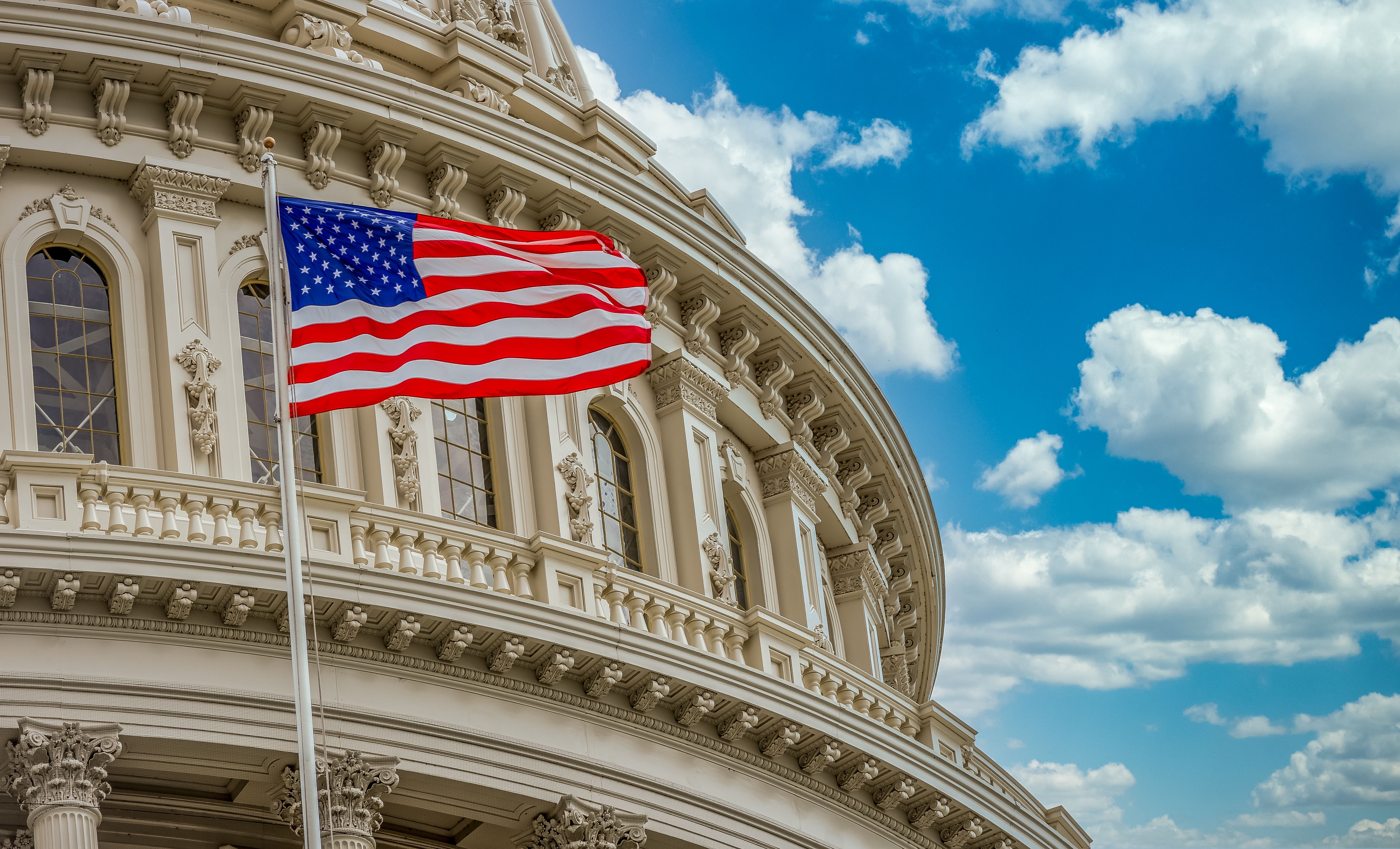- Bone Health
- Immunology
- Hematology
- Respiratory
- Dermatology
- Diabetes
- Gastroenterology
- Neurology
- Oncology
- Ophthalmology
- Rare Disease
- Rheumatology
The Top 5 Most-Read Policy Articles of 2024
The top biosimilar policy articles of 2024 highlight advancements that include FDA guidance to simplify biosimilar interchangeability and CMS drug price negotiations under the Inflation Reduction Act, alongside challenges posed by pharmacy benefit manager rebate practices and the need for more active stakeholder engagement.
The top biosimilar policy articles of 2024 cover key advancements and challenges in the biosimilars market. Highlights include the Biosimilars Council's call for addressing pharmacy benefit manager (PBM) rebate schemes, the FDA's draft guidance to simplify interchangeability approvals, and CMS's negotiated drug prices under the Inflation Reduction Act (IRA). Additionally, the FDA's Reddit forum opens new avenues for stakeholder engagement, and updates to the Biosimilars Action Plan aim to enhance accessibility and market expansion.
Here are the top 5 biosimilar policy articles for 2024.
5. Biosimilars Council: PBM Rebate Schemes Cost Americans, Payers $6 Billion
A Biosimilars Council analysis of IQVIA data revealed that PBM rebate policies are suppressing biosimilar adoption, costing patients, employers, and health plans billions in potential savings. Despite adalimumab biosimilars being up to 80% cheaper than Humira (originator adalimumab), they have only achieved a 2% market share in their first year due to rebate structures favoring the originator drug. Experts are urging Congress to address these PBM practices, which prioritize profits over patient and payer savings, to facilitate broader biosimilar adoption and reduce health care costs.
To read the full article, click here.
2024 marked several updates regarding biosimilars and policies such as the Inflation Reduction Act and switching studies for interchangeability. | Image credit: tamas - stock.adobe.com

4. FDA Draft Guidance Removes Switching Study Requirements for Biosimilar Interchangeability
The FDA issued draft guidance proposing that companies seeking interchangeability approval for biosimilars can submit statements explaining why their existing data demonstrate switching safety instead of conducting switching studies. The change reflects evolving science and FDA experience showing that switching between biosimilars and reference products is safe and effective. The draft guidance aims to reduce regulatory burdens while maintaining high safety standards.
To read the full article, click here.
3. CMS Announces New Drug Prices Under the IRA, Including for Stelara and Enbrel
CMS announced negotiated prices for 10 high-expenditure drugs under the IRA, including Stelara (reference ustekinumab) and Enbrel (reference etanercept), which are expected to face biosimilar competition soon. Although many stakeholders praised the cost reductions, concerns were raised about the inclusion of drugs with imminent biosimilar competition, potential impacts on market dynamics, and insufficient focus on addressing PBM practices and patent-related delays. Negotiated prices will take effect in 2026, with additional drugs slated for price negotiations in future years.
To read the full article, click here.
2. BioRationality: FDA Opens Up Biosimilar Inquiries on Reddit
In a column article, Sarfaraz K. Niazi, PhD, urged stakeholders to engage with the FDA on its Reddit forum, where FDA representatives are addressing complex biosimilar questions. Niazi highlighted this unique opportunity to clarify misconceptions and encourages participants to advocate for updates to the Biologics Price Competition and Innovation Act guidelines to streamline biosimilar approvals. He emphasized the importance of leveraging this platform to foster informed discussions and promote scientific progress in the biosimilar space.
To read the full article, click here.
1. BioRationality: FDA Updates Its Biosimilars Action Plan—A Major Step in Bringing More Biosimilars to Patients
In another piece, Niazi highlighted the FDA's updates to its 2018 Biosimilars Action Plan, emphasizing regulatory improvements to enhance biosimilar accessibility and adoption. He commended the agency's accomplishments, including streamlined development processes, updated labeling guidelines, and educational initiatives, while urging stakeholders to support these efforts. He stressed the importance of harmonizing global regulatory guidelines to expand the biosimilar market and reduce development costs.
To read the full article, click here.
Newsletter
Where clinical, regulatory, and economic perspectives converge—sign up for Center for Biosimilars® emails to get expert insights on emerging treatment paradigms, biosimilar policy, and real-world outcomes that shape patient care.
